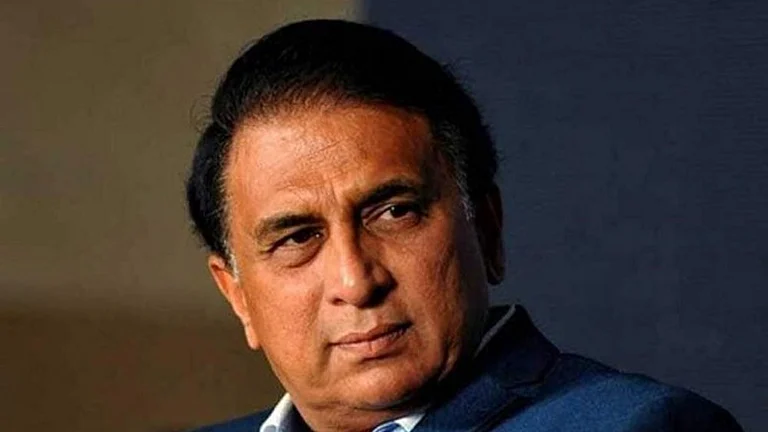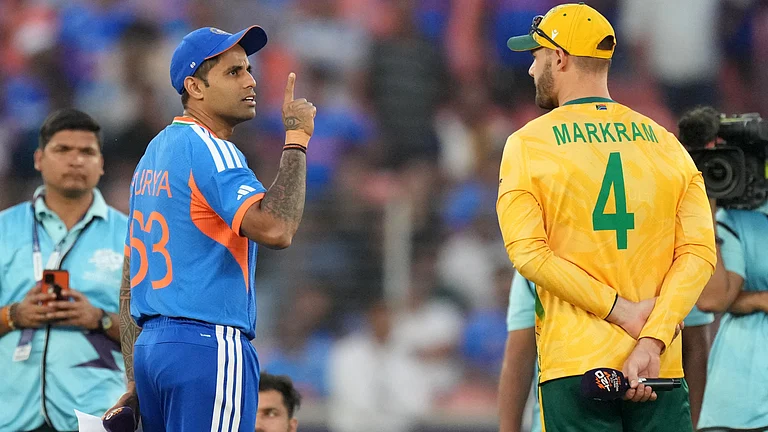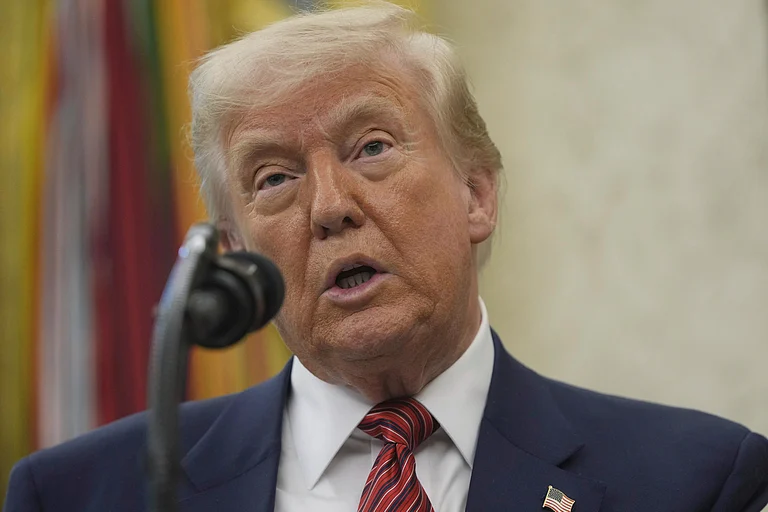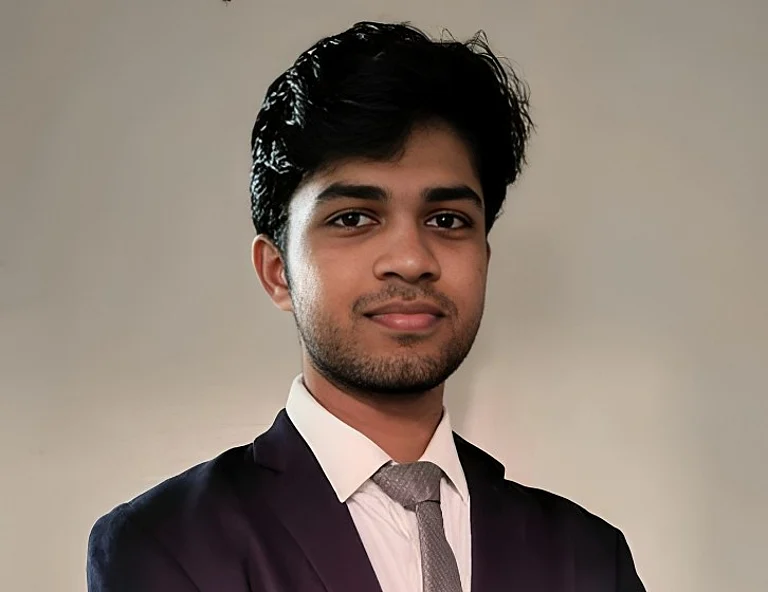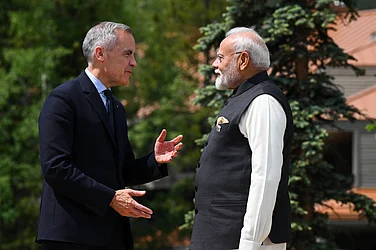India and Africa have historically shared strong educational linkages. These were once again brought to the fore by the inauguration of the offshore campuses of two premier Indian universities in Africa. The National Forensic Sciences University (NFSU) set up a campus in Jinja (Uganda) in April 2023 and then came the iconic Indian Institute of Technology (Madras) that set up its campus in Zanzibar (Tanzania) in October 2023. Facilitated by the New Education Policy enunciated by the Government in 2020, both the campuses are ‘Firsts’. The NFSU became the first public university to go out of India while IIT (Zanzibar) became the first IIT that left the shores of India. Africa thus holds the distinction of being the host to two pioneering educational institutions setting up their campuses abroad for the first time in the history of India. The setting up of these campuses in Africa is a true testament to the importance that Africa gets in the Foreign Policy of India.
Historically there have been various initiatives promoting collaborations, scholarships, exchange programs and joint research projects to foster academic ties between India and several African countries. These educational links have also been strengthened by direct people-to-people connections. Indian teachers have been teaching in African countries for a long. Examples abound in Ethiopia, Libya, Zambia, Ghana, and several other countries where Indian teachers are still present in large numbers. Over 25,000 African students’ study in various educational institutions all across India, either on scholarships provided by the Government of India or on a self-financed basis. India’s Pan African e-network project called e-Vidya Bharati provides free educational scholarships to students across Africa. Over 15,000 African students from 22 African countries avail of e-learning from 27 Indian universities across 12 study streams. The 50,000 educational/training slots offered to African students/scholars under the India-Africa Forum Summit-III are a part of the Indian commitment to support human resource development in Africa. Out of the 50,000 slots that were offered, more than 450000 slots have been utilised. This has enhanced understanding and facilitated the exchange of knowledge and expertise besides providing world-class and affordable educational opportunities to African students.
Capacity building – another facet of education- has been a prominent feature of Indian development partnership with Africa. Just in the past two decades, over 37000 African government civil servants have received training in India in various educational / training institutions. Several of them have gone on to occupy high offices in their countries. India has also set up 10 CEITs (Centres for Excellence in IT) in Africa, which have together trained over 57,000 IT graduates and postgraduates. These centres exist in Ghana, Tanzania, Lesotho, Seychelles, Morocco, Namibia, Egypt, and South Africa. Capacity building is not only carried out in civilian courses but also for military officers in various defence and paramilitary/ police institutions of India. The importance of capacity building, including vocational and job-oriented training, cannot be overstated. This formed an important part of the joint statements issued during the state visits by the President of Tanzania in October 2023 and by the President of Kenya in December 2023. Cooperation between the Indira Gandhi National Open University (IGNOU) and the Open University of Kenya (OUK) to promote distance learning and technology applications in the field of education has opened up further avenues of cooperation between India and Kenya and can be replicated all across the African continent.
In the recent past, many African countries have witnessed rapid economic growth. The rapid growth rates have also been accompanied by a rapid increase in their populations. It is estimated that in 1950 about 10% of the world's population lived in Africa, however in 2050, the number will rise to 25%. That effectively means that every fourth person in the world will be living in Africa. Today demographically, Africa’s median age is 19, which is the strongest pillar of its human resources. To sustain the economic rates of growth that are needed for Africa to grow out of poverty, would need trained human resources and an ability to effectively and efficiently train them. Only then would they be able to contribute to growth and development in a meaningful manner. There is no doubt that Africa needs better education and employment opportunities for its youth, in all countries across the continent.
While it is said that the future belongs to Africa, the cardinal point remains that the way the continent’s leaders manage their demographic dividend will largely determine whether the future will belong to Africa. The road to the future is also not expected to be smooth, as the continent faces several challenges simultaneously. The basic requirement and starting point is the Quality of education that needs to be imparted to the youth. Issues therein include but are not restricted to, access to educational facilities, good quality books, classroom infrastructure, quality of teachers, funding challenges, governance issues, management difficulties, gender (including the access of women to education and the challenges they face as students and academic staff) and of late – brain drain.
The issue of educational deficit facing the continent is well understood in Africa. The 47th Ordinary session of the AU’s Permanent Representatives committee was held in January 2024 under the title “Educate an African Fit for the 21st Century: Building Resilient Education Systems for Increased Access to Inclusive, lifelong, quality and Relevant Learning in Africa”.
India can be a key partner for Africa to resolve these challenges towards realizing its aspirations and assist in ensuring a bright future for the coming generations of Africa. India has been contributing to the education sector of Africa in ways that have been beneficial to local communities and have assisted governments in their efforts to provide good quality education to their citizens. That this can provide economic opportunities to Indian educators and investors and generate soft power for India are concomitant benefits in this venture!
(The author is a serving Indian Foreign Service officer. The views expressed are personal).








